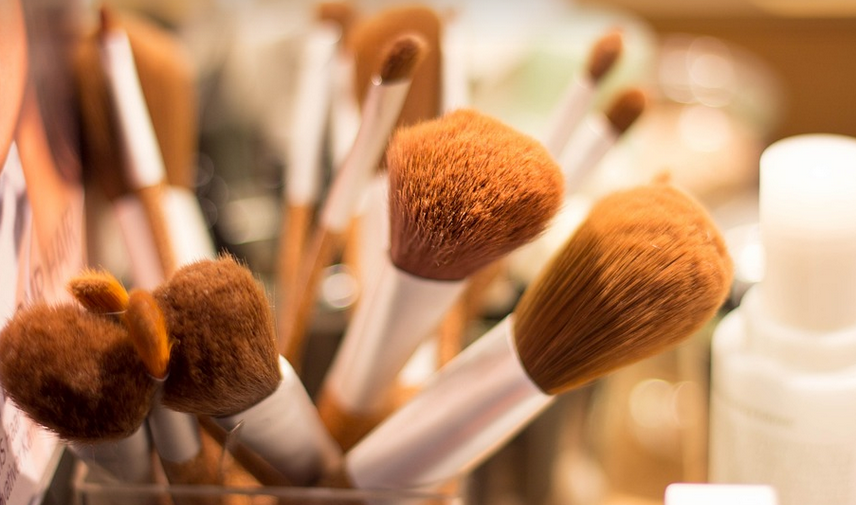What Makes a Good Mechanic’s Glove?
You’ve probably heard it before: “The hands are the lifeline of the mechanic.” Well, that’s not just a saying – it’s a truth. Mechanics spend their days getting up close and personal with engines, tools, and various other car parts. This means those hands need some serious protection.
Why Choosing The Right Gloves is KEY
Before we dive into specific glove types, let’s talk about why choosing the right pair of mechanic gloves is so crucial. Mechanics face a unique set of hazards that demand specialized gear. Let’s explore a few reasons:
**1. Protection from Sharp Objects:** Think about those nasty metal blades and sharp edges found around your car – you’ll need to protect your hands! Leather, steel-reinforced gloves, or other puncture-resistant materials are essential for these situations.
**2. Preventing Heat Burns and Friction:** Hot engines and tools can easily cause burns if you’re not careful. Choosing gloves with a heat-resistant material will shield you from nasty surprises. Don’t forget about the friction caused by gripping tools, too! A good glove has a nice grip without causing fatigue.
**3. Protecting your Hands from Chemical Attacks:** Car repairs require dealing with various chemicals and solvents – think brake fluid, antifreeze, degreasers, and more. The right gloves prevent these corrosive substances from making contact with your skin.
**4. Working in the Elements:** If you work outside in all kinds of weather, you need to be prepared for dust, grime, and even cold or hot temperatures. Some gloves have special linings (waterproof, windproof, etc.) that will keep your hands comfortable and safe in any situation.
Types of Mechanic Gloves: What’s the Right Fit?
Let’s dive deep into the varieties of mechanic gloves to choose the perfect pair for you.
**1. Leather Gloves:** These classic workhorses are durable, offer a good grip, and come in various thicknesses – from thin liners to thick leather mitts. They can be a great choice for most types of repairs, especially if your hands need some extra protection.
**2. Synthetic Gloves:** If you’re seeking durability but don’t want the leather look or feel, synthetic gloves offer a good compromise. They come in various forms: * **Cut-Resistant Gloves:** These are perfect for jobs where you might encounter sharp metal edges – think welding and cutting. * **Work Gloves with Abrasion Resistance:** If you work with heavy tools and materials that scrape your hands, these gloves protect against abrasion.
**3. Work Gloves with Heat Protection:** These gloves have a layer of thermal insulation to prevent heat burns from hot surfaces or machinery.
**4. Touchscreen Gloves:** For those who need to interact with their devices while doing work: touchscreen gloves are a lifesaver.
Choosing the Right Fit: Comfort and Functionality
Beyond the type, finding the right fit is key. You want gloves that feel comfortable and secure, allowing you to move freely without feeling constricted or restricted.
**1. Size Matters:** Proper sizing ensures a good grip and prevents slipping. A glove that’s too big will be uncomfortable, while one that’s too small can irritate your hands and fingers.
**2. Material Matters:** This depends on your needs; if you’re working in the hot or cold, choose materials with insulation. If you work with sharp tools, thicker gloves are recommended.
Caring for Your Mechanic Gloves
With their constant work under pressure, mechanic gloves need some extra love and care to keep those hands safe and comfortable.
**1. Wash Regularly:** Don’t shy away from washing your gloves after every use; it’ll help extend their life span and keep them clean for the next job.
**2. Air Dry:** Avoid putting gloves through a dryer, as heat can damage the materials. Air-drying is the best way to maintain their shape and prevent shrinkage.
The Bottom Line: Invest in Quality to Save on Cost in Long Run
A good pair of mechanic gloves isn’t just about handling tools; it’s about protecting your hands and your health. The right glove can save you time, money, and prevent injuries.
**Investing in quality gloves is an investment that pays off in the long run**. By choosing a high-quality pair of mechanic gloves, you’ll be equipped to handle any challenge thrown at you – from greasy tools to hot engines. Just remember: choose your glove wisely!”
